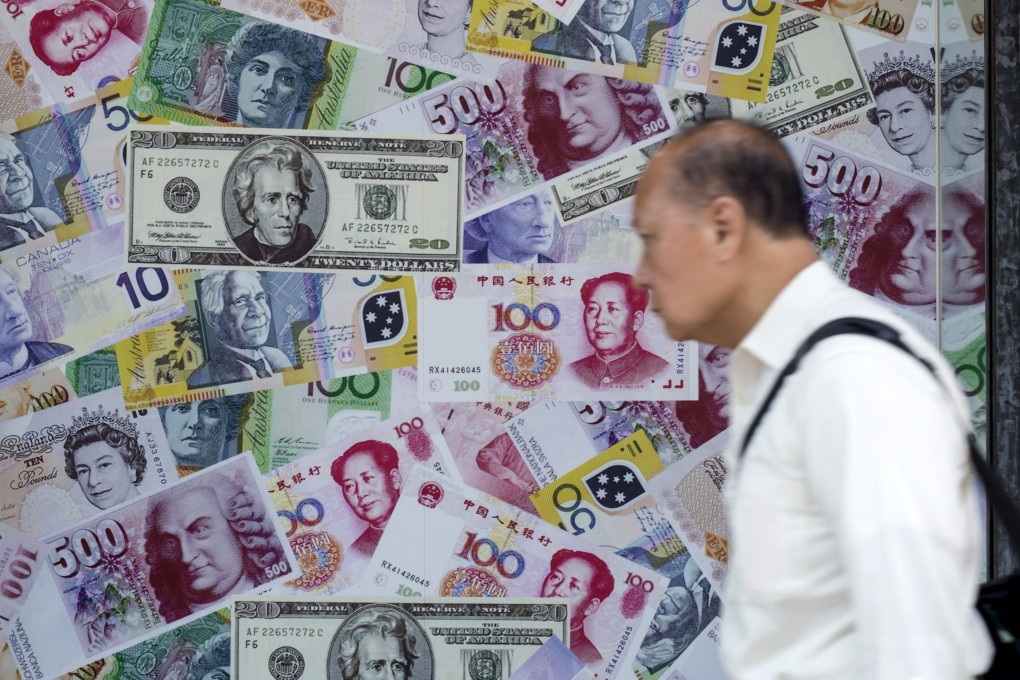‘Winter is coming’ for China’s private market investors as economy slows, forcing many to adjust strategies

In 2017, Chinese investors would regularly call Zhao Xiuwen, founder and CEO of Beijing-based ZingFront, to pitch their interest in investing in his artificial intelligence-driven video production start-up, but since the beginning of this year, he’s had to reach out himself – often with little success.
“Fundraising has become harder than ever for us recently,” said Zhao. “There is less money in the capital market and competition has become more fierce.”
The pain Zhao is feeling has been dubbed “the winter of capital” by Chinese investors and entrepreneurs. In response to a domestic economic slowdown, Chinese financial regulators have stepped up financial deleveraging measures to reduce bad debt risks. As a result, the number of Limited Partners (LPs) that invest in venture capital deals and private equity funds has decreased, along with financing from banks, shrinking the pool of cash to fund start-ups.
An investor working for an RMB venture capital firm told the Post that one of its LPs recently failed to transfer the second instalment of an investment it had promised. The representative requested anonymity due to the private nature of the information.
“This is the coldest winter for capital in 10 years,” said Zhao Tian, founding partner of Beijing-based 36Kr Fund, at a conference organised by the firm last Tuesday. 36Kr, originally an online platform offering news about technology and start-ups, was expanded into a crowdfunding investment platform for start-ups in China.